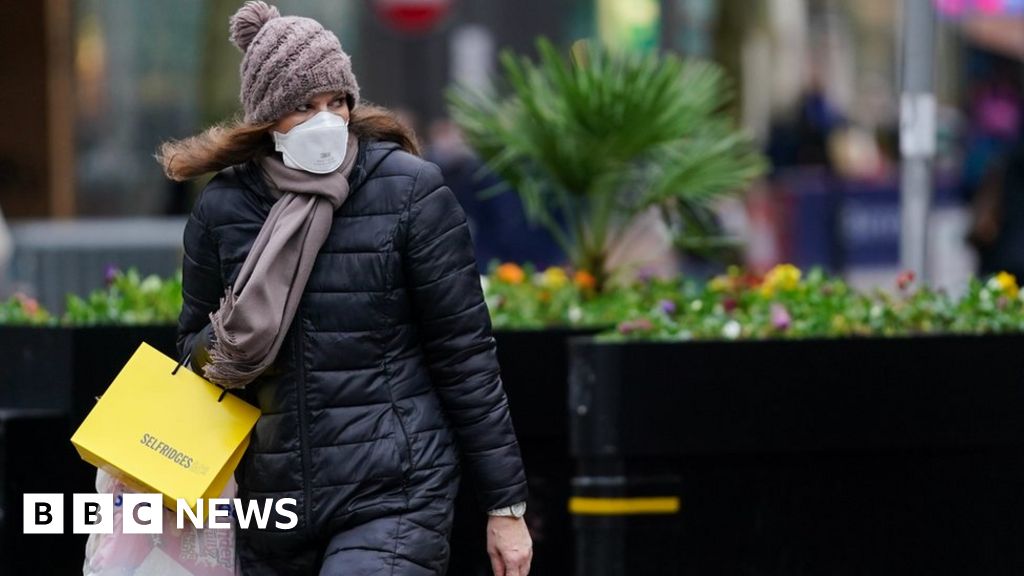So, your chance of dying from COVID19, even if unvaccinated are just slightly higher than the flu if you are under 50 and have no health issues.
This is false. Most of the influenza deaths are
also in the elderly and those with health issues, in most seasons (2009 was a bit of an exception but it still generally behaved that way). While the risk does change relative to flu dependent on age, this is mostly because influenza doesn't drop in risk quite as fast as Omicron (probably because there is a "floor" of vulnerable individuals which
both COVID and influenza will kill). So the risk relative to influenza when unvaccinated is somewhat similar
regardless of age (risk goes up exponentially with age, increasing by about 3x for each decade for both flu and COVID, with some reduction in the risk ratio in young people as mentioned). With B.1.1.7 it was about 5x-20x worse than flu if unvaccinated. Perhaps we're slightly lower than that now if unvaccinated, but hard to know at the moment.
This whole idea of most people who die being older is such a silly talking point. It's just repeating what the COVID cranks say. Most people die when they are old. What's relevant is the increase in risk...you're not supposed to die when you're young! And the "health issue" thing is also silly. These people, again, are at elevated risk for
any illness. But the risk for healthy young people ALSO increases substantially with COVID around (and the increase in risk due to
transmissible disease goes up dramatically - possibly by more than 15x - because the healthy people are likely
not part of that influenza "floor" in the plot below). (This is pre-Omicron.)
With Omicron, perhaps things are as much as 3x better (doubt it is more than that), but it's still going to be a substantial increase in risk as compared to influenza.
For some reason, it's slightly more frustrating to me to see someone who decided to not complete their vaccination series and only get 2/3rds of the way through, than it is to see people straight up refuse. I guess maybe it's just even more logically inconsistent? (And it also shows how damaging the booster messaging was - some people seem to think this booster is required due to the variant, or is important to prevent infection, neither of which are true (though a side effect is preventing infection in some cases).)
The WHO and numerous countries agree with what I’ve posted about being cautious or limiting young men to one dose.
I think this is a reasonable course of action at the current time. One dose in young men probably does limit the downside risk substantially (and you can always do two in special cases and probably many countries allow that). I think the tradeoffs on two doses is probably harder to assess - depends on efficacy with one dose, how much that one dose reduces COVID myocarditis risk, and a host of other factors which are hard to determine. But one is better than zero.
It's the idea of not getting vaccinated at all that makes zero sense. But the idea that we're talking about parents making the decision between one dose or two...no...that's not really the current issue, unfortunately. If it were there wouldn't be any discussion. I have no problem with a parent deciding to get one dose of vaccine only for their male child for the time being until there is more data. (Though it would not be my personal choice.)

 www.bbc.com
www.bbc.com
/cloudfront-us-east-2.images.arcpublishing.com/reuters/3BPW2UM46BJENP2A2HZWOXRH2E.jpg)
 www.reuters.com
www.reuters.com

/cloudfront-us-east-2.images.arcpublishing.com/reuters/3BPW2UM46BJENP2A2HZWOXRH2E.jpg)







